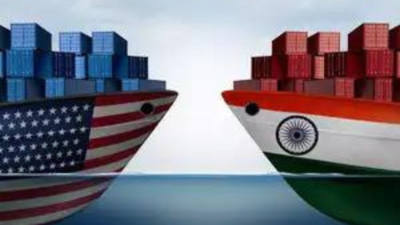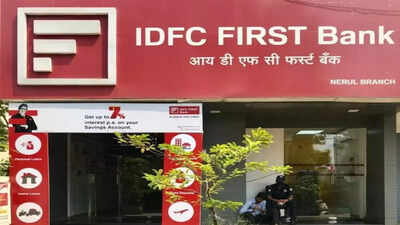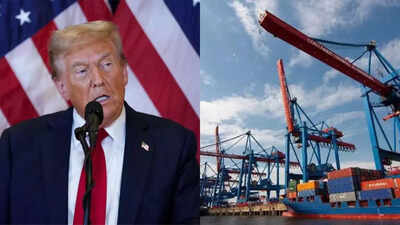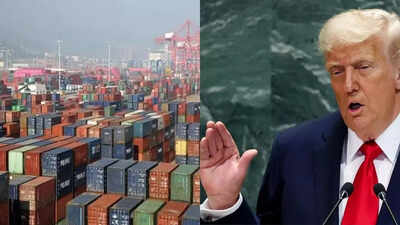Gokaldas Exports is among the largest players in the garments business, supplying goods to top global markets. The company’s managing director Siva Ganapathi speaks to TOI over the impact and plans to tackle the 50% tariff imposed by the US on Indian goods. Excerpts:What will be the impact of the 50% additional tariff on Indian goods?Let’s first understand the impact of the 20% tariff. Ultimately, the garment price has to increase and the customer has to pay. At the moment, there is a reluctance to increase prices for consumers, and buyers had asked us to absorb a portion of the initially imposed 10% tariff, which was shared with the entire supply chain, including those selling fabrics and spinners and the others. But 20% is too high to be absorbed by the supply chain. What this is going to do is force brands to consider pricing (-in the increase in tariff) and de-specing, something like shrinkflation, which means reducing some features to maintain the price with fewer features. For all practical purposes, 20% (tariff) is the new zero. There would be scope to increase some prices by next year.A 25% tariff on Indian goods can be managed and we can absorb it through some improvisation, although it is not desirable. But 50% is not a tariff, it is an embargo. We will lose business.How do you combat this?Business will pivot to some other countries, we will try to move to some European markets, reduce capacity. That’s the only way to counter it. It will require tremendous effort to find a solution to offset a 30% relative disadvantage (given 50% tariff on India). There has to be some give and take between India and the US. We hope that a rational outcome is found in the next two-three months and it comes close to 20%. If a solution is not found, the industry will be badly hit.
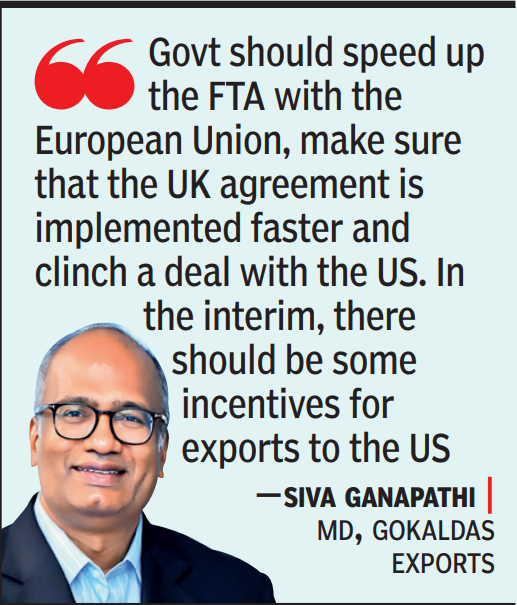
India exports around $5 billion (worth of garments) to the US and it will not be easy for American buyers to overnight find this capacity in some other country.What should govt do to help the industry?It should speed up the FTA with the European Union, make sure that the UK agreement is implemented faster and clinch a deal with the US. In the interim, there should be some incentives for exports to the US to partly defray the costs, support the manpower in the sector and ensure their livelihood. After all, China does this to insulate its industry. The point is how do you stay in the game till a solution (with the US) is found. There can be some procedural changes which are pending for long, that will help reduce costs.

